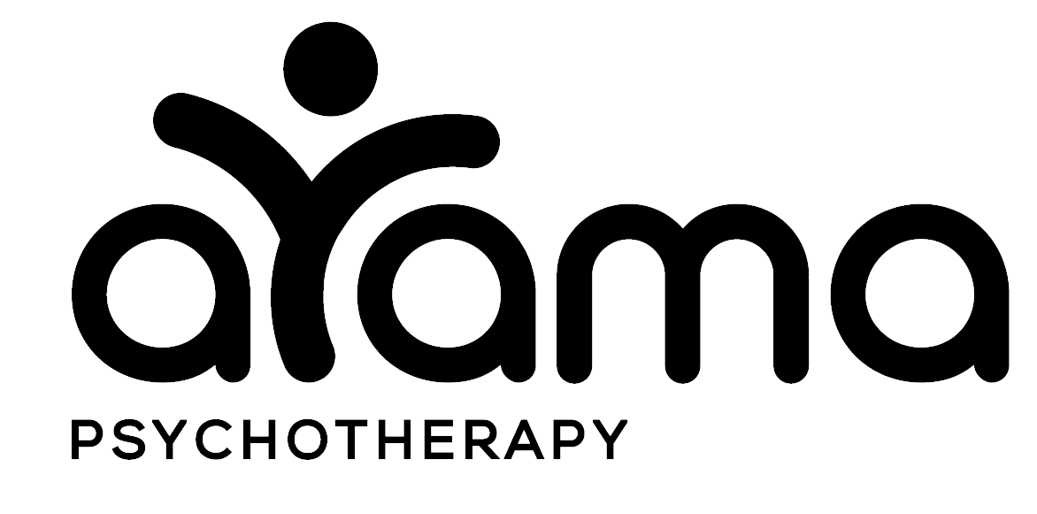Sleep Education Is Not The Same As CBT-I
A friend thoughtfully passed along an article from Harvard Health (from Harvard Medical School). The content pleased me, despite that the stats are staggeringly concerning.
The article cited the finding that non-depressed people with insomnia have a twofold risk to eventually develop depression compared to people with no sleep difficulties, as shown in an epidemiological longitudinal study of the relationship between insomnia and depression.
The article encouraged the consideration of CBT-I treatment of insomnia as a preventative measure for depression, including for older adults. It also cited an article published in JAMA which showed that CBT-I was more effective than a sleep education program.
As you can imagine, this last part DELIGHTED me to read.
Takeaway messages:
1) There isn't going to be a single answer as to whether we should work on depression or insomnia first. Based upon the research, it sounds like if the depression developed after you developed insomnia, it make sense to treat the insomnia and see if that helps mood.
2) If you suffer from sleep disruption, you really don't want to let it go unchecked for an extended period of time, as you risk the development of depression.
3) You don't just want to learn some general information about sleep, as that is not sufficient; you want to consider if you are a candidate for CBT-I.
Lastly, if you need to talk someone immediately because you are having thoughts about suicide, then reach out to the National Suicide Prevention Lifeline for immediate help: 1-800-273-TALK or use the newly-implemented suicide hotline number: Just dial 988.
I love research, data and understanding the body:)
You can read more about our services.
Happy Sleeping,
Alissa S. Yamasaki, Ph.D.
